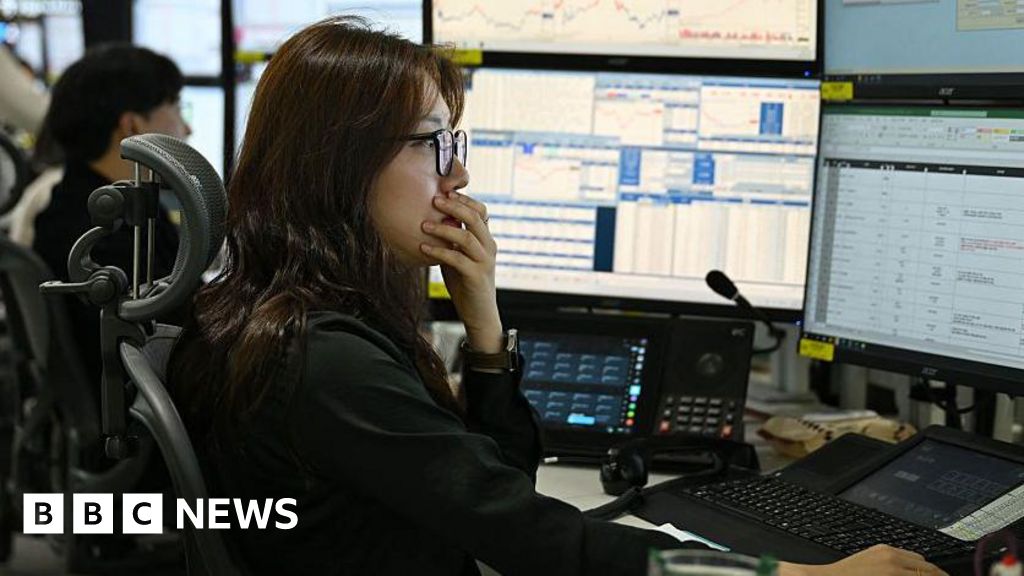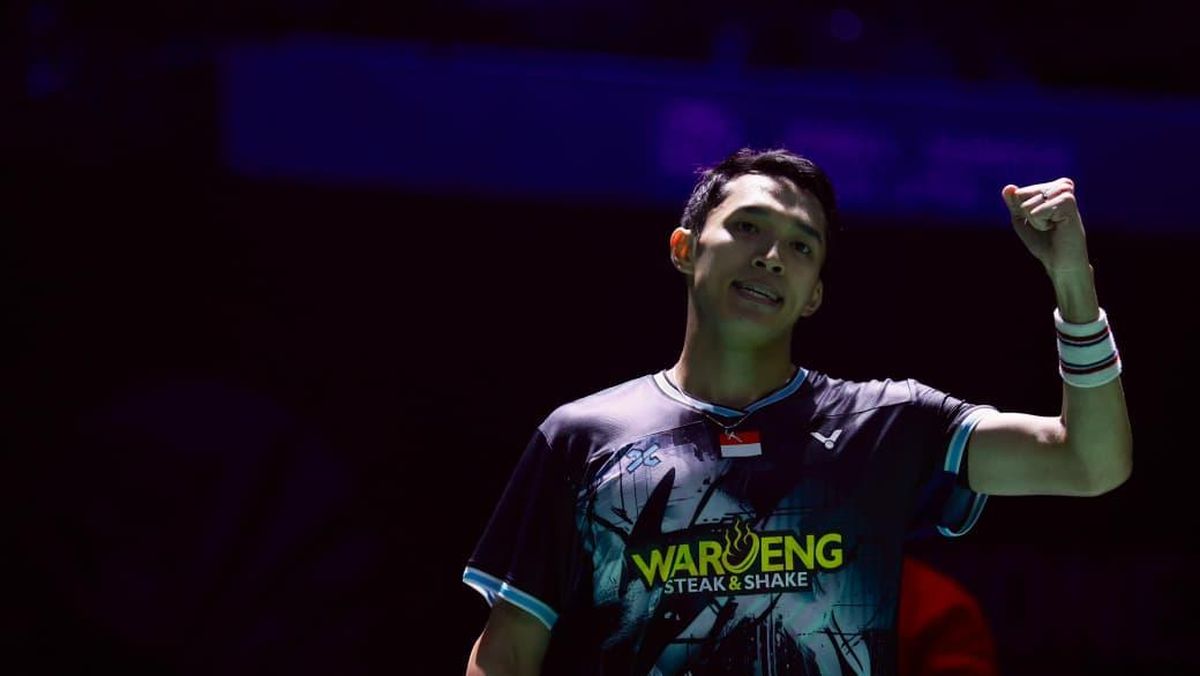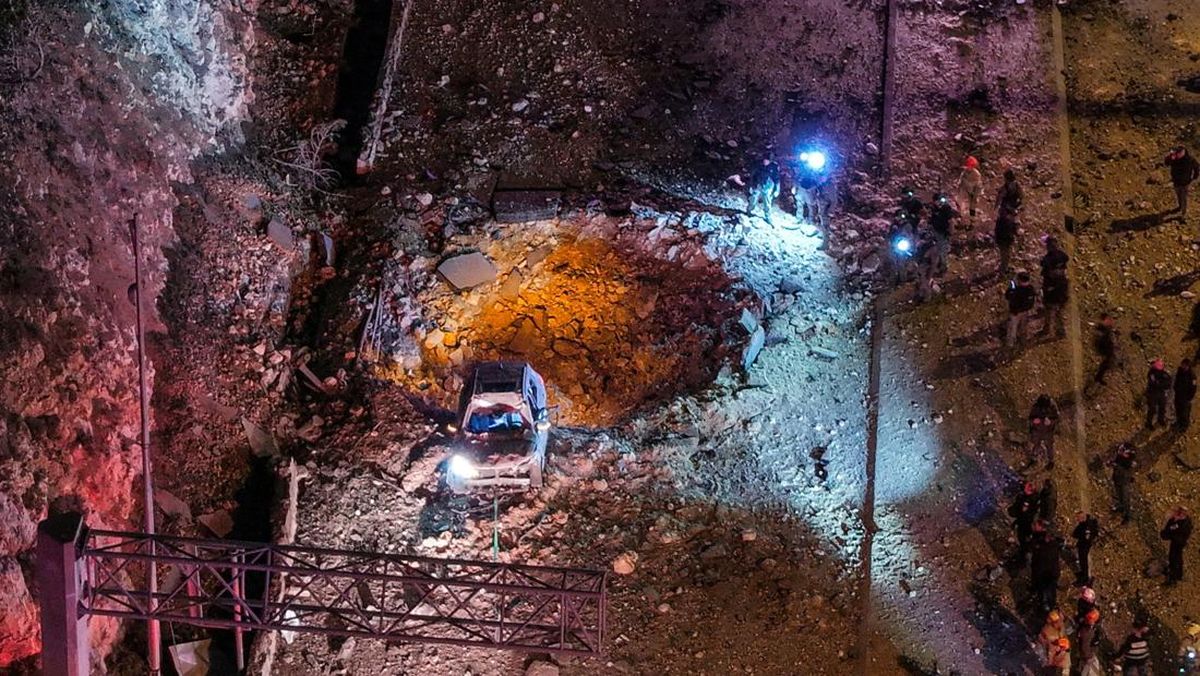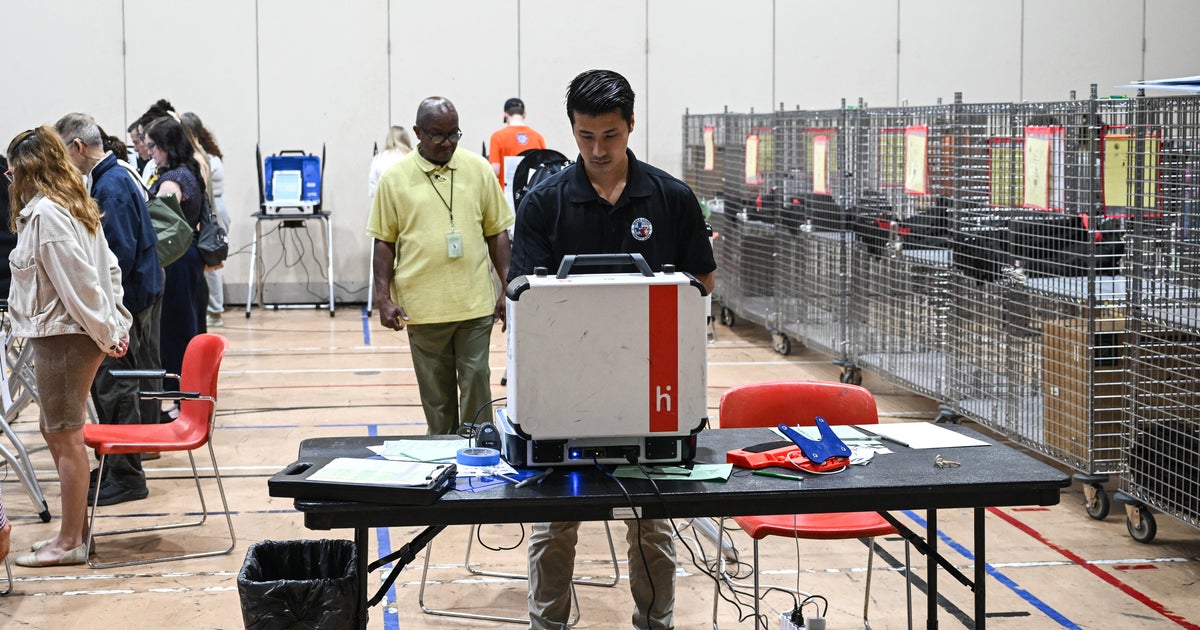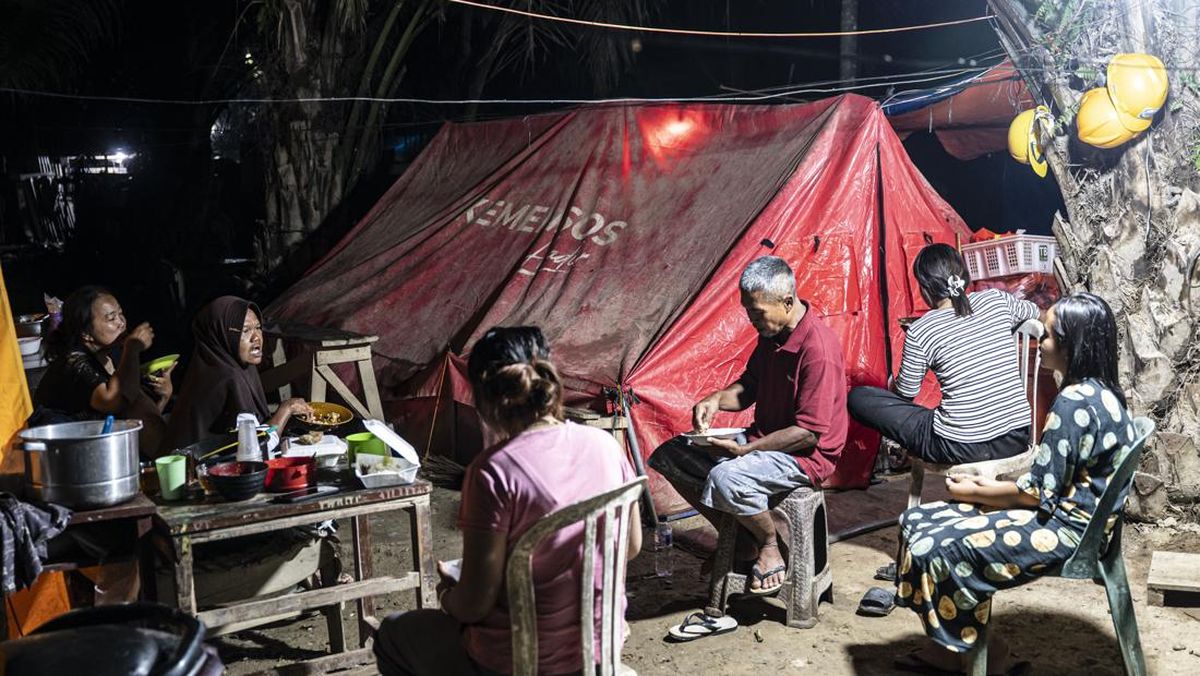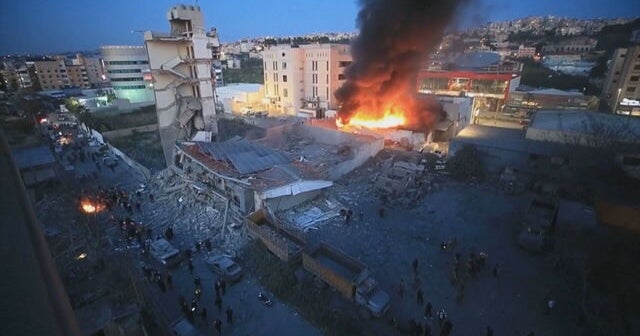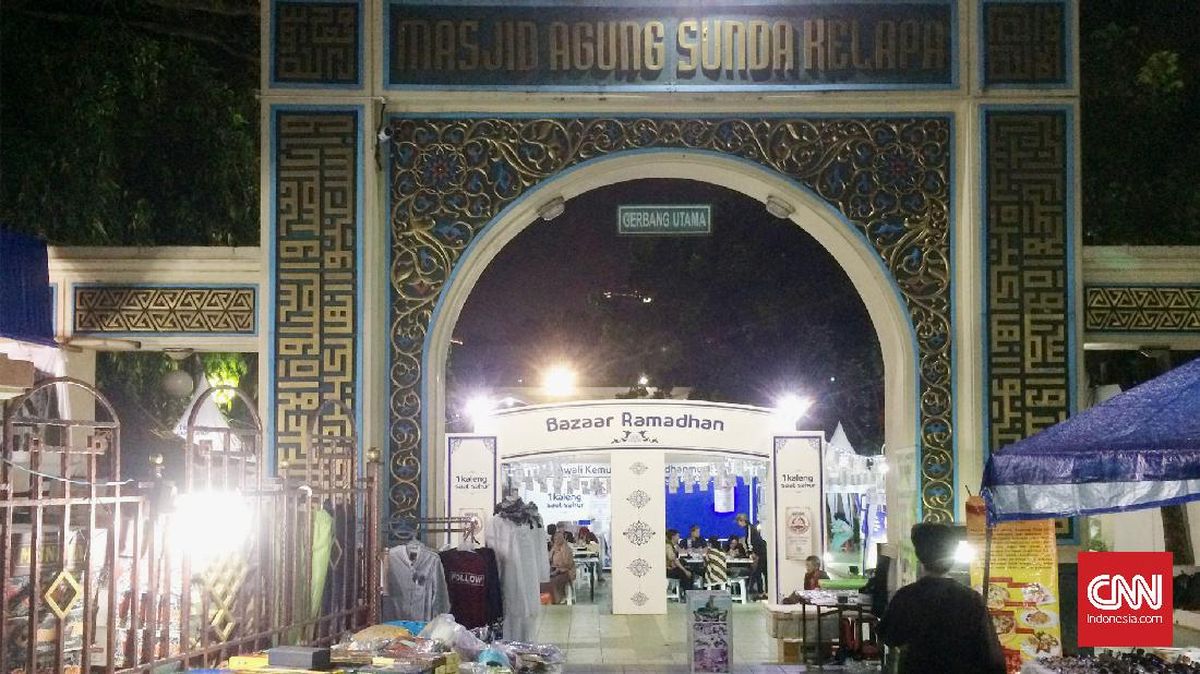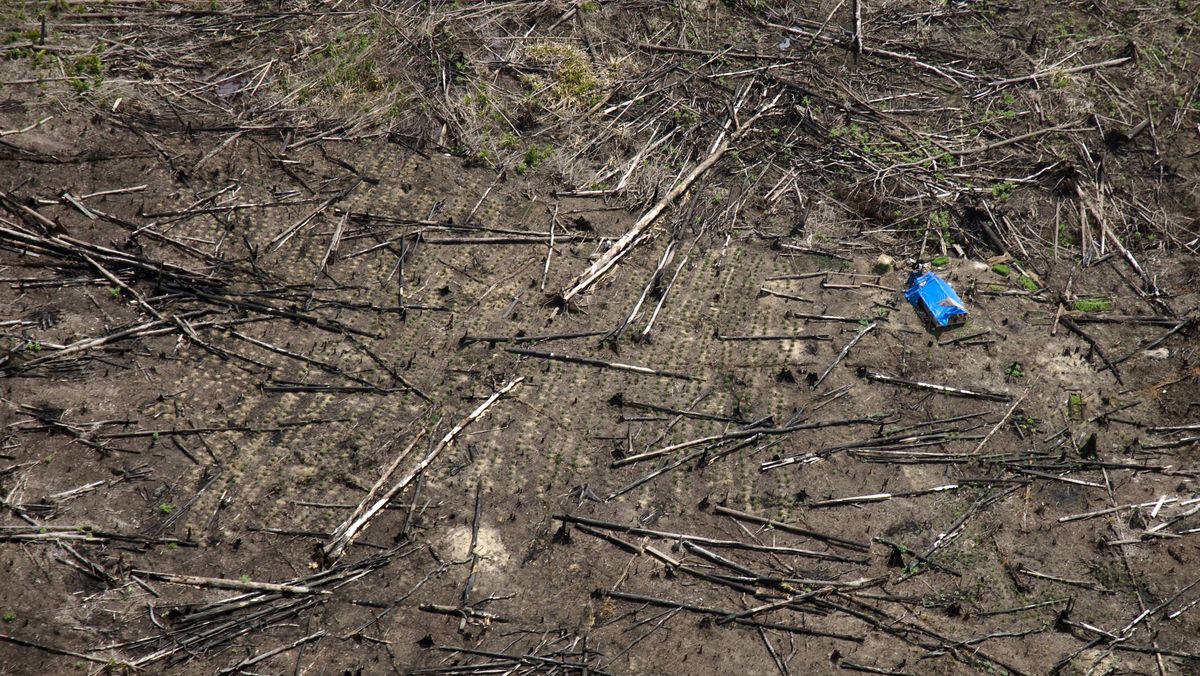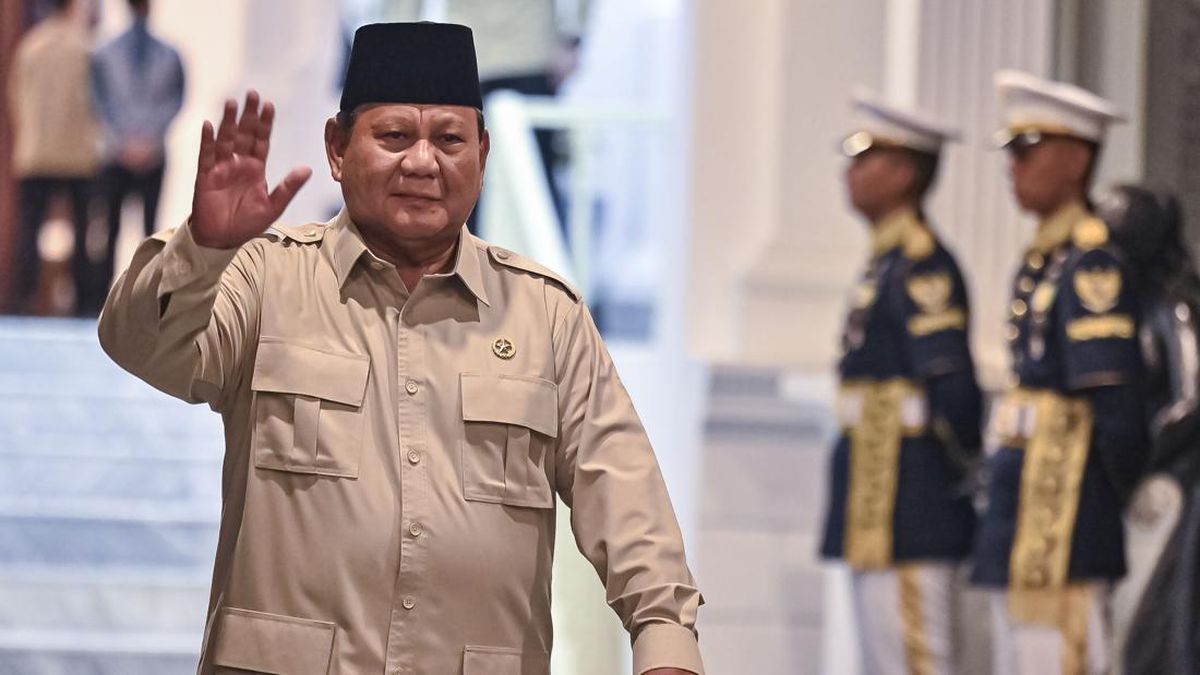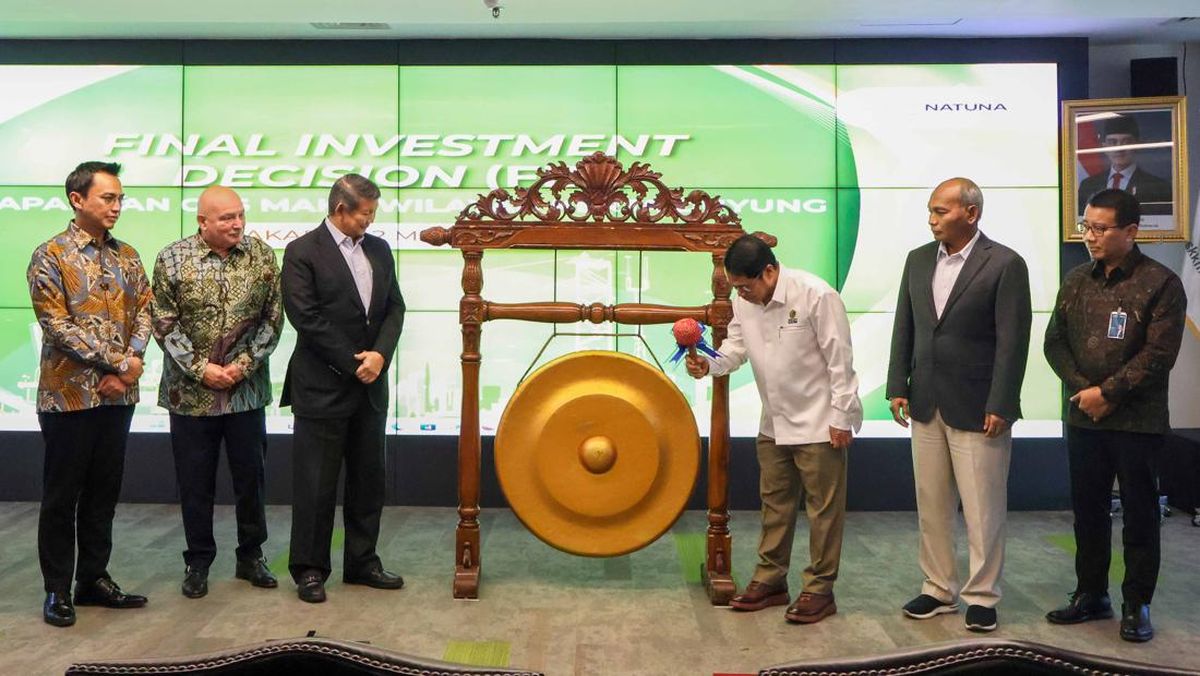Hundreds of millions has been spent to fix mental health crisis. But will it work?
Dozens of federally funded mental health clinics have opened across Australia in response to a service supply crunch in a sector riddled with workforce shortages following a spike in demand.
So far, nearly 50 of 91 planned Medicare Mental Health Centres have been rolled out nationally, with 12 of those in Queensland.
Three centres opened on Brisbane’s north side in Lutwyche, Strathpine and Caboolture in August, followed by another in Redcliffe in October. More centres are planned for Chermside, The Gap and Everton Hills.

Inner North Medicare Mental Health Centre manager Lauren Bidstrup.Credit: Courtney Kruk
The initiative has been described as a “vital step in strengthening our mental health system”, providing free, non-judgemental care in an otherwise strained landscape. But what exactly do MMHCs offer, and are they worth the $225 million investment?
Why it matters
Demand for mental health services has been felt at nearly every level, from private practices and GPs, to hospitals and emergency departments.
A report by the Royal Australian College of GPs last month found more than 70 per cent of GPs cited mental health as the top reason for patient presentations, with a significant increase in demand following the pandemic.
The Queensland Ambulance Service responded to 81,000 mental health or acute behavioural disturbances last year, while Queensland Police counted 63,000 mental health callouts.
A report by the Australasian College for Emergency Medicine this week found the number of presentations to emergency departments for mental health care rose by nearly 12 per cent from 2016 to 2024, with 10 per cent of patients with a mental health diagnosis waiting more than 23 hours for an inpatient bed in 2023–24.
Loading
ACEM Queensland branch chair Dr Shantha Raghwan said people often presented to emergency departments in crisis as result of not having access to necessary support.
“Good mental health care means people get the right help at the right time and for long enough to support real recovery,” she said.
“As emergency physicians, we see the consequences when that does not happen.”
Raghwan said a well-rounded mental healthcare system is one where care is available before people reach “breaking point”, a sentiment reflected by other advocates.
What are MMHCs, and what should visitors expect?
Inner North Medicare Mental Health Centre manager Lauren Bidstrup said MMHCs are for anyone experiencing distress or mental health concerns, including family members and carers.
They’re not for people experiencing a mental health emergency or worried about the safety of themselves or others. In these cases, people should present to hospital or call triple-zero.
Services at the centre are free, and you don’t need an appointment, formal referral, mental health diagnosis or Medicare card to attend.

The Inner North Brisbane Medicare Mental Health Centre in Lutwyche. Credit: Courtney Kruk
After entering a centre, a peer worker will talk through what supports you are needing and plan the next steps.
While psychologists are available to provide up to three months of support, Bidstup said an initial visit is unlikely to lead straight into a session with a clinical worker.
“[It’s an initial conversation] to make sure that we’re the right service for that person,” she said.
“If we are, [we’ll likely book] an appointment for a later time to come back in and sit down with one of our peer workers or psychologists.”
MMHCs are really designed to fill a temporary service gap, providing short to medium assistance, and connecting people with long-term supports such as housing, NDIS or Centrelink.
“We use a variety of different therapeutic modalities … and we have a team of skilled mental health practitioners who can offer clinical and non-clinical supports,” Bidstrup said.
Other perspectives
Raghwan said ACEM is generally supportive of the centres’ potential and efforts to expand access to affordable mental health care, but noted it was too soon to say whether they were reducing the number of people reaching crisis point.

ACEM Queensland chair Dr Shantha Raghwan said emergency physicians see the consequences of people who haven’t been able to access timely or ongoing mental health support.Credit: ACEM
“Centres could play an important role, but their impact depends on sustained investment and growing the mental health workforce,” she said.
Loading
“They are not a substitute for acute and complex mental health care, and it is essential that they are integrated with and connected to the rest of the mental healthcare system.”
Mental Health Lived Experience Peak Queensland chief executive Simon Katterl agreed with their potential but said centres should be viewed in the context of broader efforts to strengthen mental health services.
“A key role these Centres have is to refer to other services and supports. The problem is some of those services don’t exist because they’re not funded,” he said.
“We have 92,000 Queenslanders with mental health issues and real disadvantage who aren’t getting supports they need.
“We need to ensure the roll-out is evaluated sooner rather than later so we can share the wins and learn the lessons for how to improve.”
Start the day with a summary of the day’s most important stories, analysis and insights. Sign up for our Morning Edition newsletter.
Most Viewed in National
Loading

